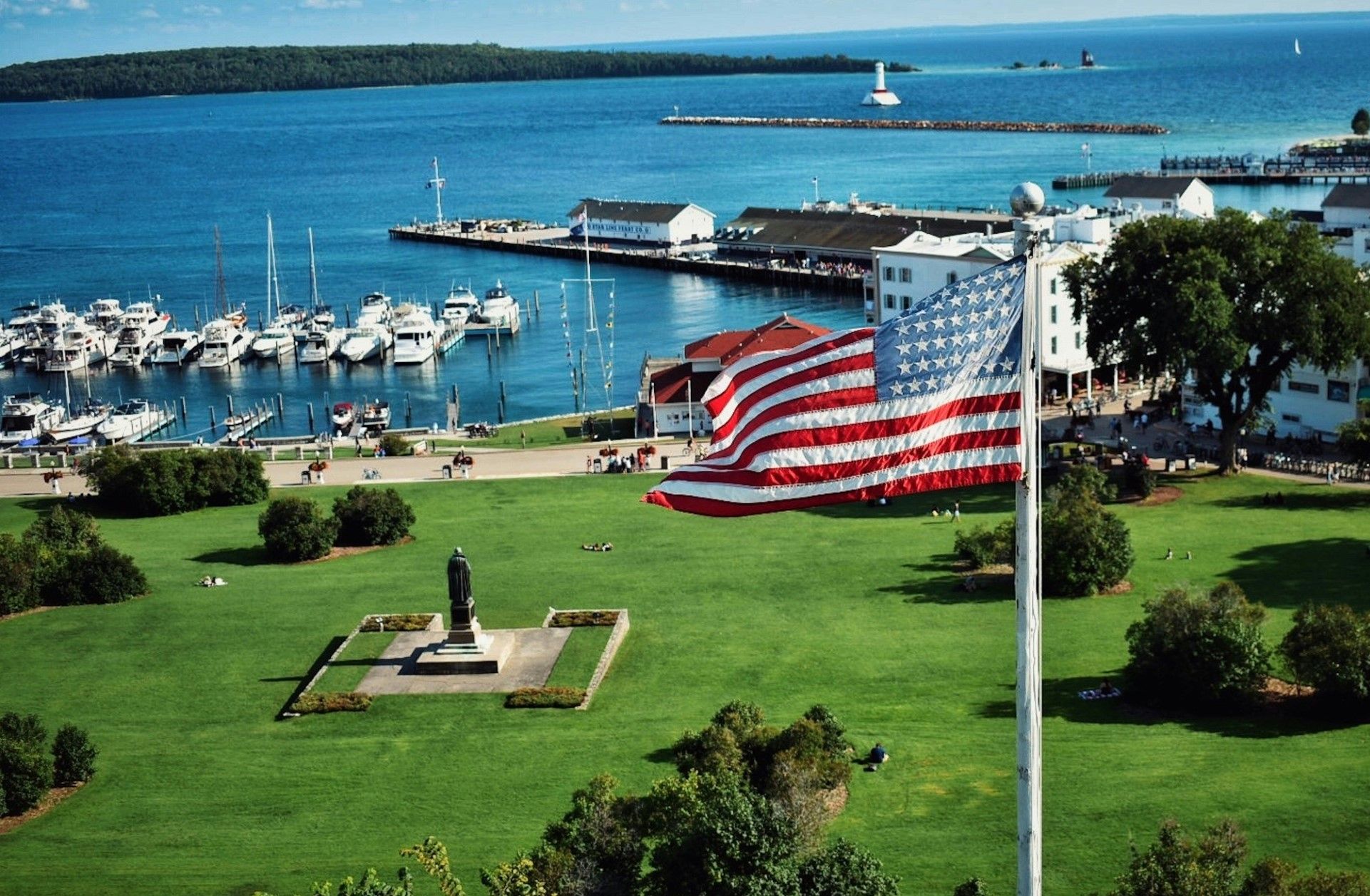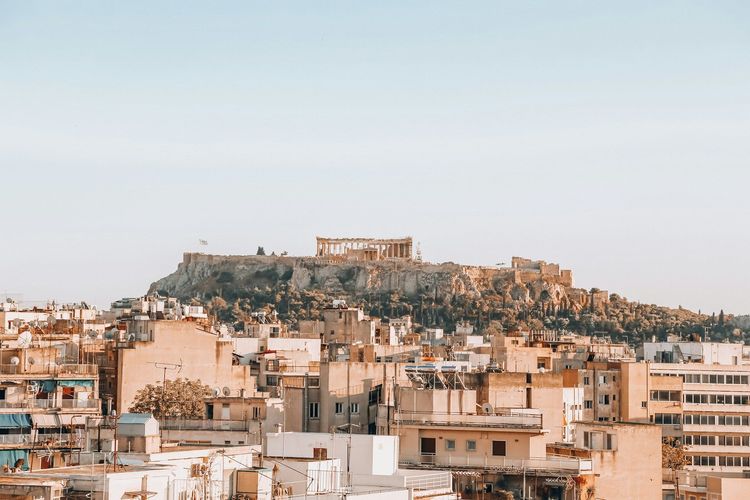Washington, D.C. — The Trump administration is preparing a significant expansion of its controversial travel ban, with a new proposal that could restrict entry for citizens of 36 additional countries, according to an internal State Department memo obtained by The Washington Post. The move would mark a dramatic escalation of the White House’s immigration crackdown, extending visa limitations to key African allies, Caribbean nations, and Pacific Island states.
The memo, circulated among U.S. diplomats and signed by Secretary of State Marco Rubio, outlines a 60-day ultimatum for the targeted nations to comply with strict new U.S. requirements—or face full or partial entry bans. Governments must submit an initial action plan by Wednesday at 8 a.m., detailing steps to address American concerns over identity verification, visa overstays, and security cooperation.
The restrictions are being introduced against the backdrop of the launch of the Trump Card, which offers the opportunity to obtain a US residence permit in exchange for a $5 million contribution.
Key Nations at Risk
The expanded list includes 25 African countries, among them strategic partners like Egypt, Djibouti, Nigeria, and Ghana, raising diplomatic concerns. Also named are several Caribbean states (Antigua and Barbuda, Dominica), Central Asian nations (Kyrgyzstan), and Pacific Islands (Tonga, Vanuatu). A full breakdown is provided below.
Why These Countries?
The memo cites multiple failures, including:
- Weak document security: Some nations lack centralized systems to verify passports or birth certificates, making fraud detection difficult.
- High visa overstay rates: Certain countries have large numbers of citizens remaining in the U.S. illegally after visas expire.
- "Golden passport" schemes: Programs selling citizenship without residency requirements (e.g., St. Kitts and Nevis).
- Alleged anti-American activity: References to "antisemitic or hostile acts" by individuals from these regions, though specifics are unclear.
- Deportation non-cooperation: Refusal to accept citizens deported from the U.S.
The document notes that compliance—such as agreeing to "safe third country" deals or improving document fraud detection—could mitigate restrictions.
Diplomatic and Practical Implications
The proposal has not been finalized, and the State Department declined to comment on "internal deliberations." However, if enacted, it would:
- Strain relations with African allies, particularly Egypt and Djibouti, which host U.S. military bases.
- Disrupt travel for students, businesspeople, and families from affected nations.
- Further align with President Trump’s "America First" immigration policies, which have already barred entry from 13 countries (including Iran, Libya, and Syria).
Unanswered Questions
- Timing: No clear deadline for implementation if countries miss the 60-day window.
- Scope: Whether bans would apply to all visas (including tourism and work) or select categories.
- Legal challenges: Past travel bans faced court injunctions; this expansion may provoke similar lawsuits.
Full List of Targeted Countries
- Angola
- Antigua and Barbuda
- Benin
- Bhutan
- Burkina Faso
- Cabo Verde
- Cambodia
- Cameroon
- Democratic Republic of Congo
- Djibouti
- Dominica
- Ethiopia
- Egypt
- Gabon
- Gambia
- Ghana
- Ivory Coast
- Kyrgyzstan
- Liberia
- Malawi
- Mauritania
- Niger
- Nigeria
- Saint Kitts and Nevis
- Saint Lucia
- São Tomé and Príncipe
- Senegal
- South Sudan
- Syria
- Tanzania
- Tonga
- Tuvalu
- Uganda
- Vanuatu
- Zambia
- Zimbabwe



